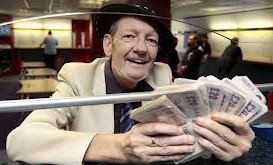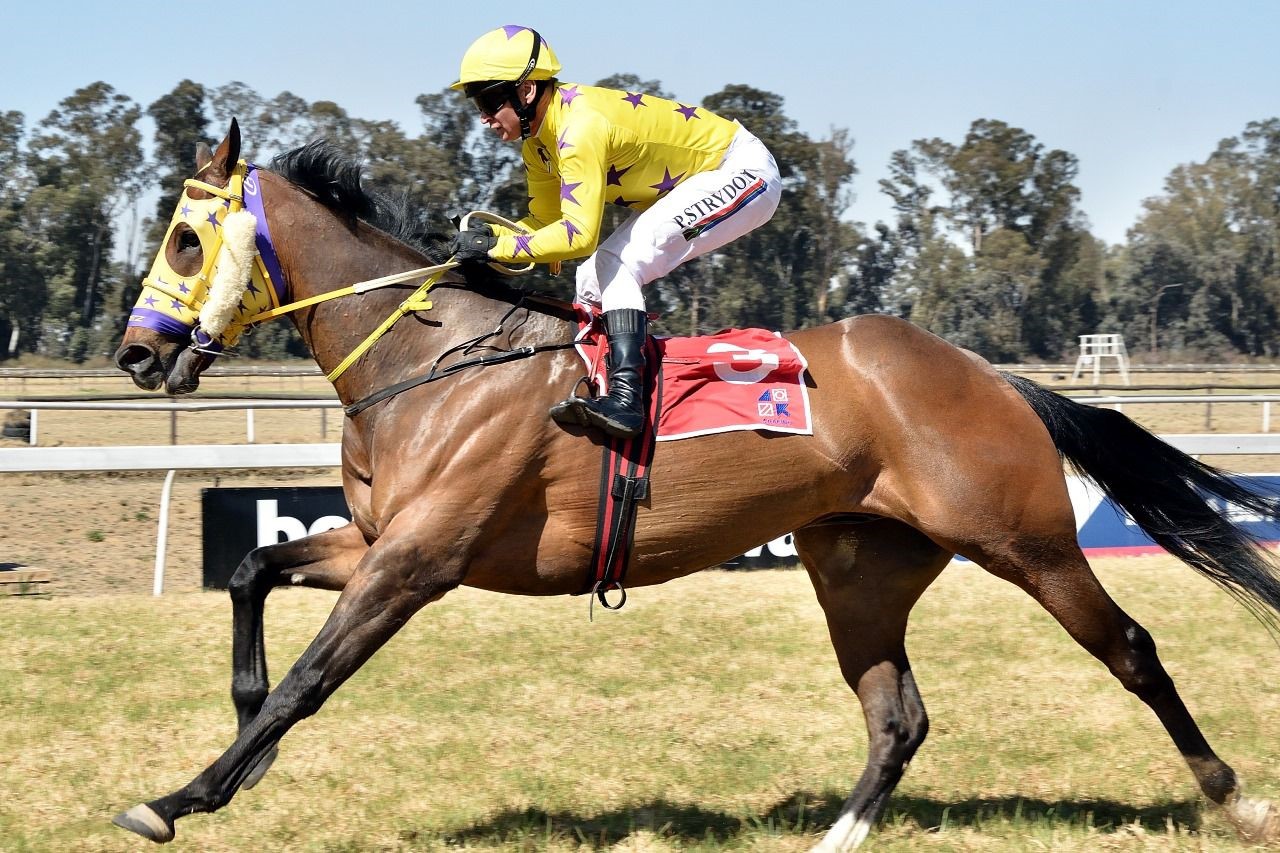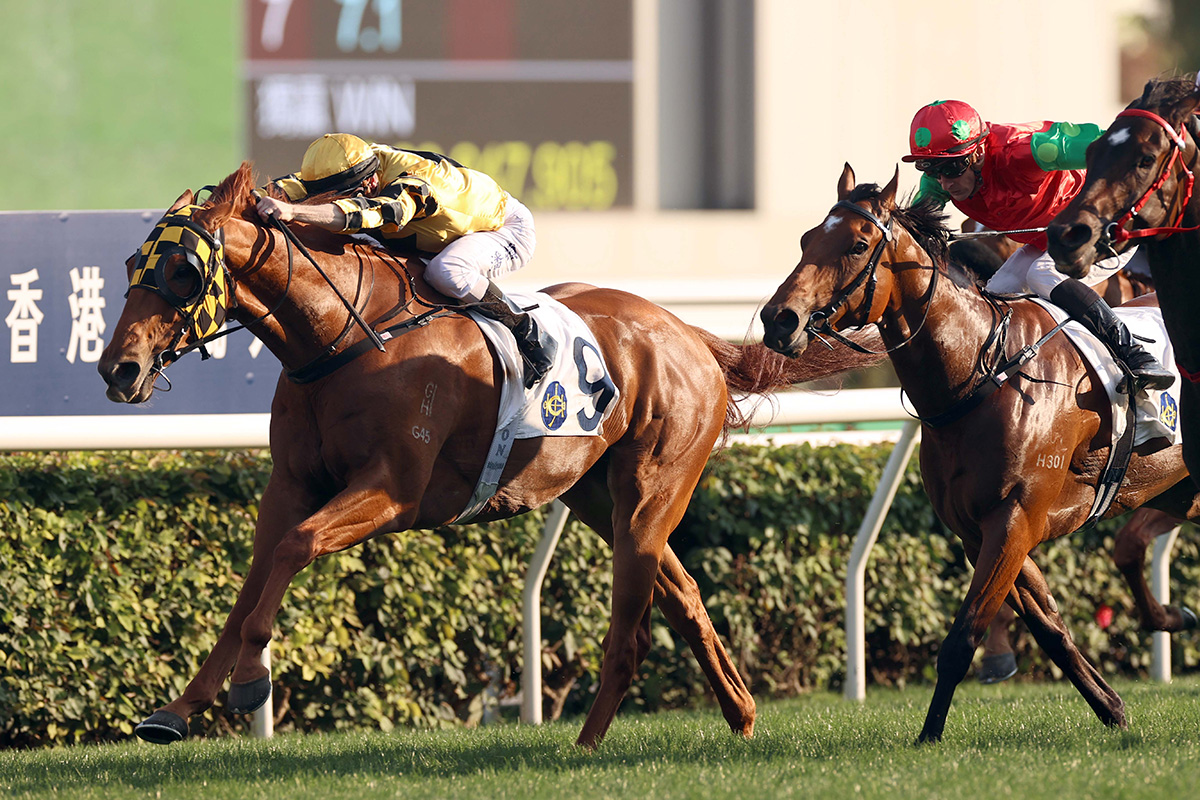
Love Of Life. And this extraordinary game!
Philosopher Daniel Klein paraphrases Aristotle in his book, Travels with Epicurus: “As Aristotle mercilessly noted, there is absolutely nothing to look forward to in old, old age.”
Back to the 1980s–I taught a class at Los Angeles City College called “Probability Theory as Applied to Horse Race Handicapping.” Many of my students knew more than I did, so this course became a dialogue centered around past performances. My only distinction was having been able to convince the administration to schedule a non-credit class of this irreverence.
Students would often register for the class semester after semester. One of those regulars was named Jim. At one point he began to not show up and eventually I learned that he had a terminal form of cancer. The students took turns visiting him, discussing the card and taking out his bets to Santa Anita or Hollywood Park (there were no outlets for phone or on-line betting at the time).
I once asked Jim if this was all too much for him. Perhaps we were being too intrusive and we should let him rest.
“On the contrary,” he said, “this gives me something to look forward to each day!”
It wasn’t the action itself that kept him going in those terrible days, but rather, being able to read the past performances, and then make intelligent projections on uncertain events. Even when immobile, this gave him a chance to remain active.
Since then I’ve known a few other guys who played the horses until their death. Other forms of entertainment had lost meaning to them. Seeing a movie, for example, made no sense because the ending of a film is already determined. But with a horse race, the ending is undetermined and we, the players, can get involved in predicting what will happen. This is not passively entertainment. We’re actively involved.
A couple of years ago, I “worked” with a betting partner in Oklahoma. We researched handicapping methodologies and searched for the elusive automatic bet. I had designed a computer methodology that involved art as much as science, but it had bugs. Ken helped work out the bugs, dialoguing with the software specialist, and urging for changes here and there, based on his at-the-track tests. Together, long-distance, we played the method.
Ken was then hit by a particularly virulent form of cancer. During the period of his illness, I would ask him to be honest with me and let me know if this was too much effort for him to continue.
“Are you kidding?” he said. “This is what gives me energy to hang on.”
On days when it got too painful, Ken’s loving wife drove to Remington to put in his bets. The uncertainty of each racing day was an antidote for the certainty of his nearing death. I suppose we could call this “therapeutic uncertainty.”
Before he died, he sent me some spreadsheets of our bets, showing that we had profits in both our win plays and the exactas. We were not winning enough to brag about it, but hell, these were automatic wagers, which, according to the experts, must inevitably fail. Ken and I were both thrilled with our defiance.
Ken soon passed away. I have not been able to go back to that method. We had worked so intensely on it that no other partner could take his place.
You might ask whether this horse play is all good for the family of the terminally ill person. I can only say that when a life-ending illness eventually descends upon me, my wife, children and friends will find me much less grumpy if I can still have a chance every day to feel alive with anticipation.
I used to visit Canterbury Park each summer and I got to know Dave the Bartender, who gleefully shared the intellectual stimulation he derived from the day’s or evening’s race card. Dave was a true student of the game. When he came down with terminal cancer, it did not stop him from handicapping the races.
I wrote an obituary for Dave and his daughter sent me a thank you note:
“You wrote about his optimism, his love of being at the track, and his respect for the game as a whole. You couldn’t have been more right. I wanted to let you know that his respect for the game included his respect for the players”
Later she added, “We are planning to have a portion of my dad’s ashes spread on the finish line at Canterbury. Can you think of anything more perfect?”
From these experiences I reckon that “being alive in the double” might be more than a simple metaphor.
This article is from Thoroughbred Daily news you can read the full article here








